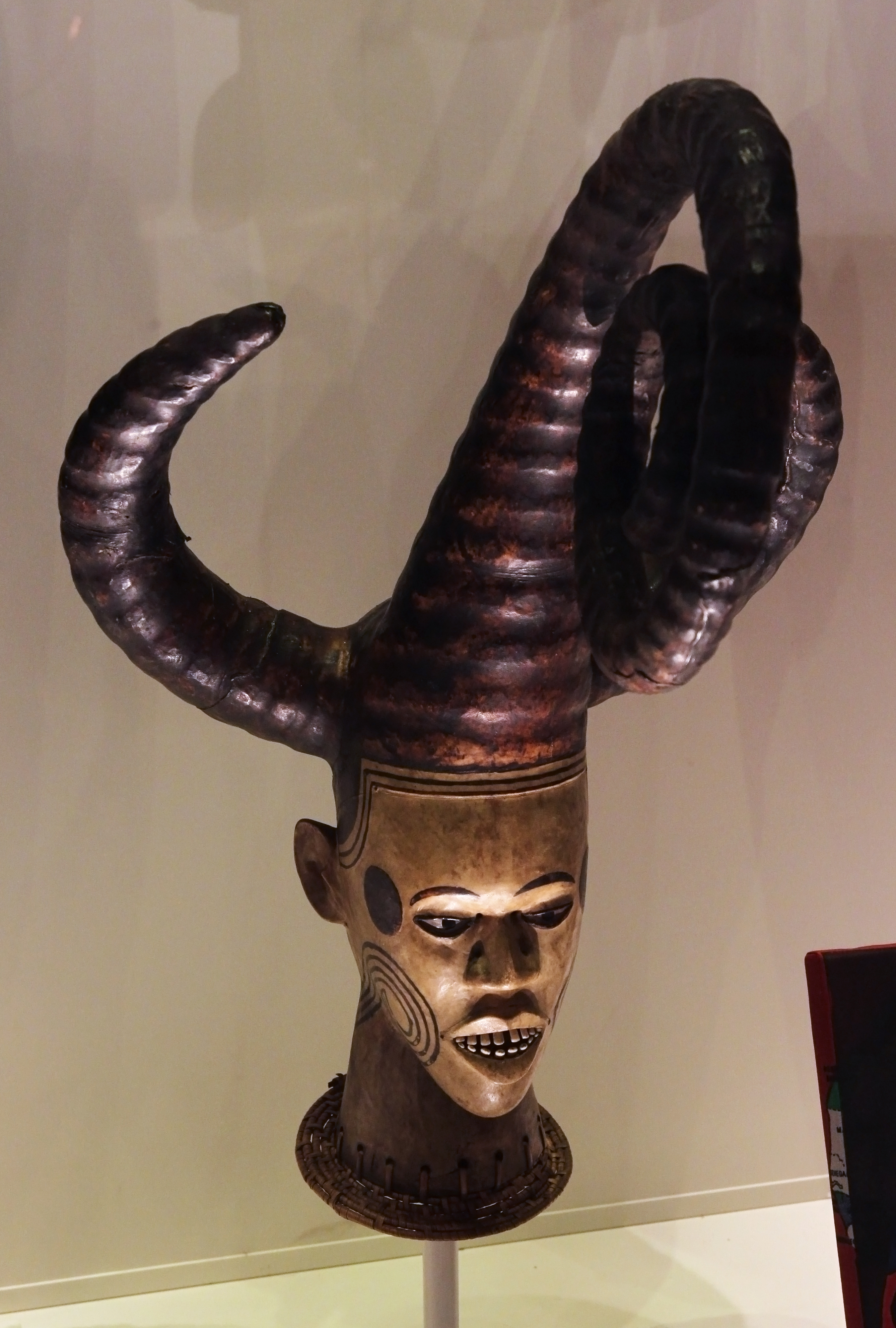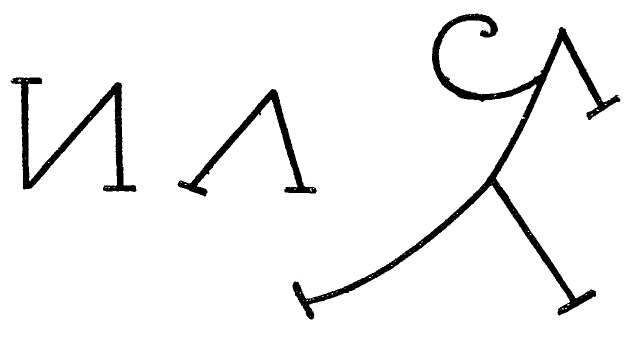|
Ekpe Society
Ekpe, also known as Mgbe/Egbo (Ekoi language: ''leopard''; derived from the Ibibio term for the same), is a West African secret society in Nigeria and Cameroon flourishing chiefly among the Efiks. It is also found among a number of other ethnic groups, including the Bahumono of the Cross River State, the Ibibio, the Uruan and the Oron of Akwa Ibom State, Arochukwu and some other parts of Abia State Abia State ( ig, Ȯha Abia) is a state in the South-East geopolitical zone of Nigeria, it is bordered to the north and northeast by the states of Enugu, and Ebonyi, Imo State to the west, Cross River State to the east, Akwa Ibom State to the ..., as well as in the diaspora, such as in Cuba and Brazil. The society is still active at the beginning of the 21st century, now playing more of a ceremonial role. There are two distinct but related societies. The primary society is located in the Cross River, Akwa Ibom and Arochukwu areas of Nigeria, and the secondary socie ... [...More Info...] [...Related Items...] OR: [Wikipedia] [Google] [Baidu] |
Nsibidi
Nsibidi (also known as nsibiri, nchibiddi or nchibiddy) is a system of symbols or proto-writing developed in what is now the far South of Nigeria. They are classified as pictograms, though there have been suggestions that some are logograms or syllabograms. Use of the symbol system was first described in 1904. Excavation of terracotta vessels, headrests, and anthropomorphic figurines from the Calabar region of southeast Nigeria, dated to roughly the 5th to 15th centuries, revealed "an iconography readily comparable" to ''nsibidi''. There are several hundred nsibidi symbols. They were once taught in a school to children. Many of the signs deal with love affairs; those that deal with warfare and the sacred are kept secret. Nsibidi is used on wall designs, calabashes, metals (such as bronze), leaves, swords, and tattoos. It is primarily used by the Ekpe leopard society (also known as Ngbe or Egbo), a secret society that is found across Cross River State among the Ekoi, Efik, I ... [...More Info...] [...Related Items...] OR: [Wikipedia] [Google] [Baidu] |
Nigeria
Nigeria ( ), , ig, Naìjíríyà, yo, Nàìjíríà, pcm, Naijá , ff, Naajeeriya, kcg, Naijeriya officially the Federal Republic of Nigeria, is a country in West Africa. It is situated between the Sahel to the north and the Gulf of Guinea to the south in the Atlantic Ocean. It covers an area of , and with a population of over 225 million, it is the most populous country in Africa, and the world's sixth-most populous country. Nigeria borders Niger in the north, Chad in the northeast, Cameroon in the east, and Benin in the west. Nigeria is a federal republic comprising of 36 states and the Federal Capital Territory, where the capital, Abuja, is located. The largest city in Nigeria is Lagos, one of the largest metropolitan areas in the world and the second-largest in Africa. Nigeria has been home to several indigenous pre-colonial states and kingdoms since the second millennium BC, with the Nok civilization in the 15th century BC, marking the first ... [...More Info...] [...Related Items...] OR: [Wikipedia] [Google] [Baidu] |
African Secret Societies
African or Africans may refer to: * Anything from or pertaining to the continent of Africa: ** People who are native to Africa, descendants of natives of Africa, or individuals who trace their ancestry to indigenous inhabitants of Africa *** Ethnic groups of Africa *** Demographics of Africa *** African diaspora ** African, an adjective referring to something of, from, or related to the African Union ** Citizenship of the African Union ** Demographics of Africa, Demographics of the African Union **Africanfuturism ** African art ** *** African jazz (other) ** African cuisine ** African culture ** African languages ** African music ** African Union ** African lion, a lion population in Africa Books and radio * The African (essay), ''The African'' (essay), a story by French author J. M. G. Le Clézio * The African (Conton novel), ''The African'' (Conton novel), a novel by William Farquhar Conton * The African (Courlander novel), ''The African'' (Courlander novel), a novel ... [...More Info...] [...Related Items...] OR: [Wikipedia] [Google] [Baidu] |
Igbo Religion
Ọdinani (), also ''Omenala'', ''Omenana'', ''Odinana'' or ''Ọmenani'', are the traditional cultural beliefs and practices of the Igbo people of south east Nigeria.Afulezy, Uj"On Odinani, the Igbo Religion", ''Niger Delta Congress'', Nigeria, April 03, 2010 These terms, as used here in the Igbo language, are synonymous with the traditional Igbo "religious system" which was not considered separate from the social norms of ancient or traditional Igbo societies. Theocratic in nature, spirituality played a huge role in their everyday lives. Although it has largely been supplanted by Christianity, the indigenous belief system remains in strong effect among the rural and village populations of the Igbo, where it has at times influenced the colonial religions. Odinani is a pantheistic and polytheistic faith, having a strong central deity at its head.Mbaegbu, Chukwuemeka (4 March 2015). "A Philosophical Investigation of the Nature of God in Igbo Ontology". ''Department of Philosophy ... [...More Info...] [...Related Items...] OR: [Wikipedia] [Google] [Baidu] |
Ibibio Mythology
Ibibio may refer to: *Ibibio language *Ibibio people *Ibibio Sound Machine, an English electronic afro-funk band who sing in Ibibio See also * Ibiblio ibiblio (formerly SunSITE.unc.edu and MetaLab.unc.edu) is a "collection of collections", and hosts a diverse range of publicly available information and open source content, including software, music, literature, art, history, science, politic ..., a digital library and archive {{disambig Language and nationality disambiguation pages ... [...More Info...] [...Related Items...] OR: [Wikipedia] [Google] [Baidu] |
Efik Mythology
Efik mythology consists of a collection of myths narrated, sung or written down by the Efik people and passed down from generation to generation. Sources of Efik mythology include bardic poetry, art, songs, oral tradition and proverbs.Aye, Old Calabar, p.189 Stories concerning Efik myths include creation myths, supernatural beings, mythical creatures, and warriors. Efik myths were initially told by Efik people and narrated under the moonlight. Myths, legends and historical stories are known in Efik as while moonlight plays in Efik are known as . Sources Historical literature Since the inception of the triangular trade, the Efik people have been in the limelight of historical scholarship. Several works have centred on different aspects of Efik culture and tradition. Although little focus has been made on the subject of Efik mythology, several works have been written on aspects relating to Efik mythology. The earliest Efik dictionary by Rev Hugh Goldie reveals a number of mythical ... [...More Info...] [...Related Items...] OR: [Wikipedia] [Google] [Baidu] |
Ekoi Mythology
The primary traditional Ekoi deities are Obassi Osaw, the sky god, and Obassi Nsi, the earth god, similar to the Efik. Ancestors and natural forces are also emphasized in Ekoi worship. Various Ekoi cults are devoted to the welfare of common activities, such as farming. Before the establishment of British colonial administration, the egbo was a prominent Ekoi secret society that had strong social regulatory functions as well as influence in religious matters. Members of the egbo used a form of ideographic writing called nsibidi, variations of which were formerly found among other ethnic groups in southeastern Nigeria. The Ekoi practice traditional medicine and have treated such diseases as smallpox with local medicinal plants. In addition to displaying an extensive knowledge of and aesthetic appreciation for flowers, the Ekoi create mural paintings on sanctuaries, make pottery Pottery is the process and the products of forming vessels and other objects with clay and other cer ... [...More Info...] [...Related Items...] OR: [Wikipedia] [Google] [Baidu] |
Leopard Society
The Leopard Society (not to be confused with Ekpe), was a secret society that originated in Sierra Leone. Beatty, p.3 It was believed that members of the society could transform into leopards through the use of witchcraft. The earliest reference to the society in historical literature can be found in George Banbury's "Sierra Leone: or the white man's grave" (1888). The society brought fear to many parts of the world. History The Leopard Society was a West African secret society active in the early to mid-20th century. They were originally centred in Sierra Leone but spread to other countries such as Liberia, Côte d'Ivoire and Nigeria. Among the Efik of Calabar, they were known as Mforoekpe and were dreaded. Members would dress in leopard skins, waylaying travelers with sharp claw-like weapons in the form of leopards' claws and teeth. The victims' flesh would be cut from their bodies and distributed to members of the secret society. According to their beliefs, the ritual canniba ... [...More Info...] [...Related Items...] OR: [Wikipedia] [Google] [Baidu] |
Abwoi Religion
Abwoi (Tyap ("proper", "Mabatado"): . Variant spelling: ''Obwoi''; (Gworok): ; Jju: ; Hyam: ''Ku''; Nghan: ''Nezhen''; Hausa: ) is an African traditional religion institution which operated more like a cult of male ancestral spirits viewed as ghosts or reincarnates of the dead, whose physical forms remained invisible but voices audible, with origins among the central Nigeria plateau or Nenzit peoples such as the Adara, Atyap, Bajju, Bakulu, Batinor, Ham, Irigwe and others. Adherents were required to participate in frequent rituals within the year and a general communal worship once in a year, during which the oracles speak on sensitive issues concerning the community. Origins There seem to be no unifying tradition of origin on this religion. In other words, this suggests that the Abwoi cult is an ancient religion. Nenzit Atyap A tradition among the Atyap ("Mabatado") suggests that the Aku clan credited as the first settlers in the land who came out from the ground at ... [...More Info...] [...Related Items...] OR: [Wikipedia] [Google] [Baidu] |
Cameroon
Cameroon (; french: Cameroun, ff, Kamerun), officially the Republic of Cameroon (french: République du Cameroun, links=no), is a country in west-central Africa. It is bordered by Nigeria to the west and north; Chad to the northeast; the Central African Republic to the east; and Equatorial Guinea, Gabon and the Republic of the Congo to the south. Its coastline lies on the Bight of Biafra, part of the Gulf of Guinea and the Atlantic Ocean. Due to its strategic position at the crossroads between West Africa and Central Africa, it has been categorized as being in both camps. Its nearly 27 million people speak 250 native languages. Early inhabitants of the territory included the Sao civilisation around Lake Chad, and the Baka hunter-gatherers in the southeastern rainforest. Portuguese explorers reached the coast in the 15th century and named the area ''Rio dos Camarões'' (''Shrimp River''), which became ''Cameroon'' in English. Fulani soldiers founded the Adamawa Emirate ... [...More Info...] [...Related Items...] OR: [Wikipedia] [Google] [Baidu] |
Afro-Cuban
Afro-Cubans or Black Cubans are Cubans of West African ancestry. The term ''Afro-Cuban'' can also refer to historical or cultural elements in Cuba thought to emanate from this community and the combining of native African and other cultural elements found in Cuban society such as race, religion, music, language, the arts and class culture. Demographics According to a 2012 national census which surveyed 11.2 million Cubans, 1 million Cubans described themselves as Afro-Cuban or Black, while 3 million considered themselves to be "mulatto" or "mestizo". Thus a significant proportion of those living on the island affirm some African ancestry. Although, there has been much discussion over the actual demographic composition of the island. While the 2012 national census showed that only 11% of Cubans reported themselves to be Afro-Cuban or Black, most international sources and independent studies have shown the proportion of Cubans who are black, or possess significant African genetic ... [...More Info...] [...Related Items...] OR: [Wikipedia] [Google] [Baidu] |



_produced_by_the_Ironbar_family_of_Old_Calabar.jpg)
.jpg)